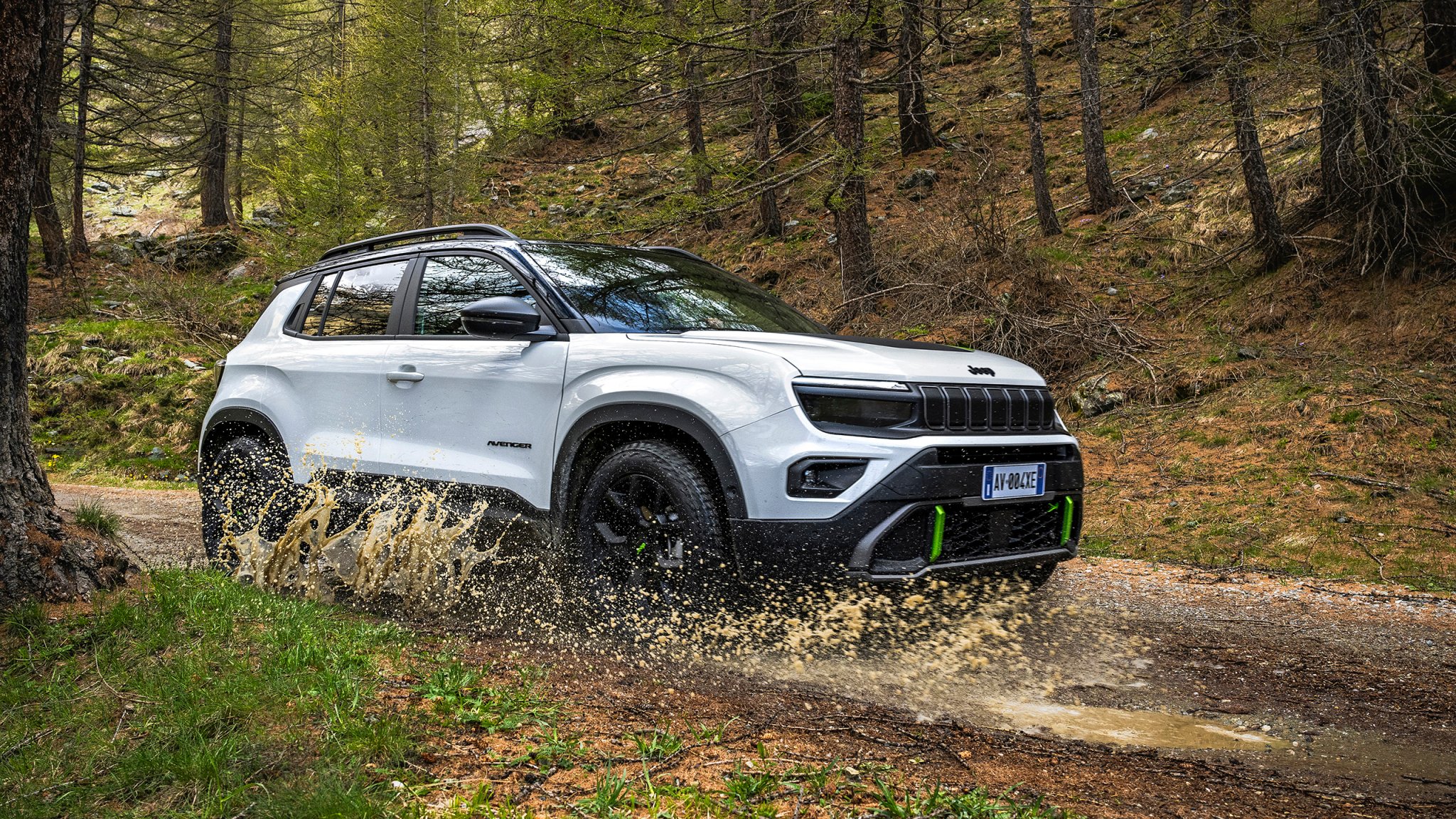

Stellantis on the whole isn’t exactly on the forefront of electric vehicles, having many in the works but, so far, only getting the subcompact Fiat 500e out the door here in the U.S. Nevertheless, CEO Carlos Tavares told the public this week that a $25,000 all-electric Jeep is on a journey to the States, and it’ll be easy for the company to pull off, because it’ll use the same technology as its cheap European EVs.
“The same way we brought the €20,000 Citroën e-C3, you will have a $25,000 Jeep very soon, because we are using the same expertise,” Tavares said at a Bernstein Conference in New York, according to the Wall Street Journal.
While that might make sense at face value, of course Stellantis already sells a small European EV here, and it costs $34,095. While Tavares wasn’t specific about the sort of vehicle Jeep might sell at a $25,000 price tag, it’s difficult to envision how it’ll be able to manufacture a larger vehicle that’s perhaps nominally capable off-road—at least, more so than a 500e—while coming in at $10,000 less, at the effective basement of modern EV pricing. Even if this mythical bargain EV is built in the U.S. and therefore qualifies for a tax credit, Stellantis is still going to have to do a lot of cost trimming.
However it gets there, Jeep needs to start selling some less expensive cars, electric or otherwise. The brand’s newer cars are more luxurious, high-margin products targeting wealthier buyers, whereas its entry-level offerings are incredibly dated and yet, still, somehow far too expensive for how uncompetitive they are.



Jeep dealers have complained that the brand’s just too pricey these days for most people and, when you consider that a base-model Cherokee starts at $39,290 once you factor in shipping, it’s hard to disagree. Even the Jeep Renegade—a front-wheel-drive compact crossover built in Europe, on one of Stellantis’ cheap (and old) econobox platforms—costs $30,040. The Jeep Compass gets close to Tavares’ target price point, at $27,495, but for that price there are still loads better alternatives out there.
So how does Stellantis expect us to believe that it can build and sell an all-electric Jeep for $25,000? Supposing it can deliver on that promise, will Jeep customers even want it? Jeep is a brand famous for rugged dependability and off-road capability. Does it seem like a proper home for what sounds like a rebadged Citroen e-C3?
That could be where the EV market is headed, though. The Chevrolet Bolt will eventually make a comeback, since GM realized far too late that it was a mistake to kill it, while Ford has thrown the idea around of a low-priced EV. Both of those brands have electric car expertise, though. With established EV makers moving toward lower price points, Stellantis might have no choice but to at least try to do the same. But its current U.S. lineup doesn’t inspire much confidence.
Got tips? Send ‘em to tips@thedrive.com